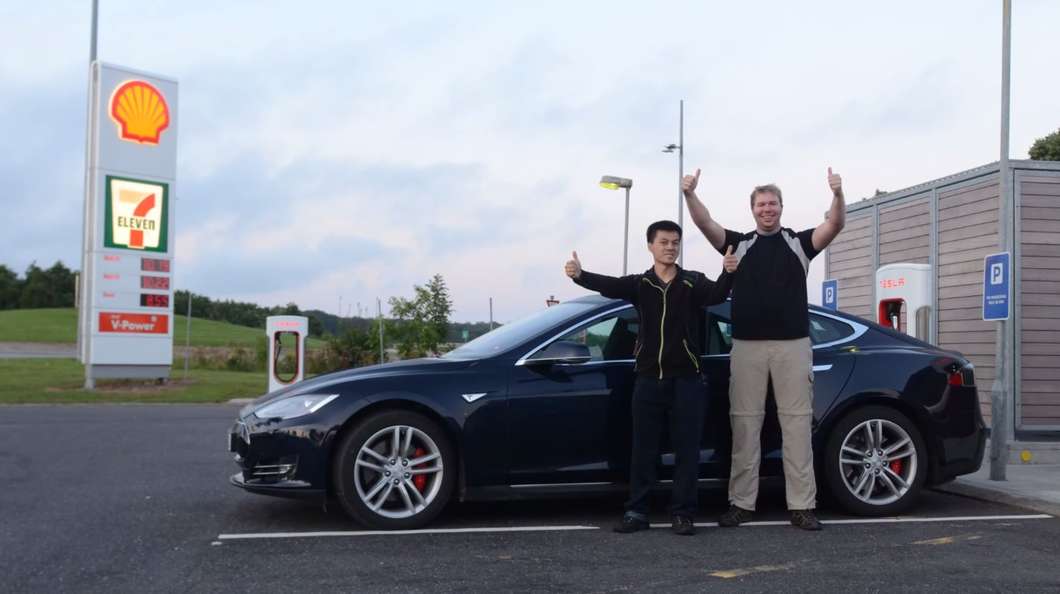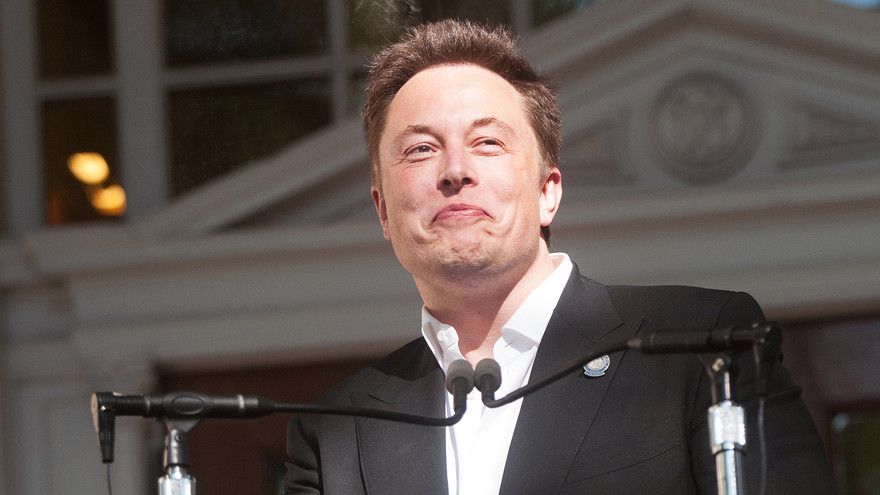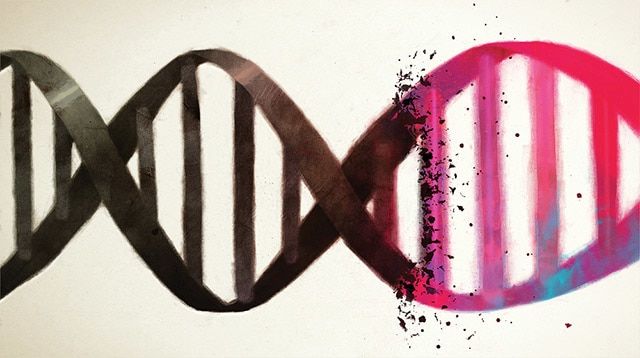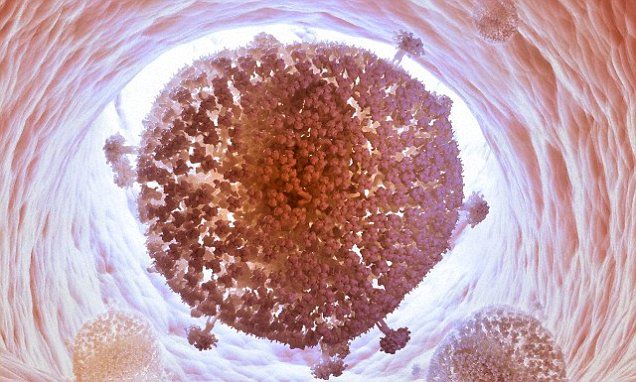Page 11666
Sep 1, 2015
Tesla Model S covers 452 miles on a single charge
Posted by Shailesh Prasad in categories: sustainability, transportation

A Tesla Model S has reportedly been driven 452.8 miles (728.7 km) on a single charge in a feat that, according to driver Bjørn Nyland and the World Record Academy, sets a new world record for an electric production car.
Sep 1, 2015
Melt-resistant ice cream coming soon to a cone near you
Posted by Shailesh Prasad in category: food
Ice creams and hot summer days seem to go together perfectly, until you realise the heat of the latter is turning the former into a melting mass of deliciousness oozing down the side of your cone.
Luckily for us, scientists have discovered a naturally occurring protein that can be used in ice cream to make it more resistant to melting than the ice creams we enjoy today. According to researchers at the Universities of Edinburgh and Dundee in Scotland, the protein, which is called BslA, will allow ice cream to stay frozen for longer by binding together the air, fat and water in the product.
Not only will this make ice cream more impervious to things like heat, but the researchers say it also results in a super-smooth consistency. The protein, which can be made inside friendly bacteria, adheres to fat droplets and air bubbles, making for a more stable ice cream mixture that prevents the development of ice crystals.
Sep 1, 2015
Should humans be able to marry robots?
Posted by Sean Brazell in categories: robotics/AI, sex
Oh great, now republicans can start bitching about same sex robotic marriage! lol! At least it’ll give them something to do after they are booted out of office.
I always try to look on the bright side. wink
(credit: AMC)
Sep 1, 2015
ON THE EDGE — The State and Fate of the World’s Tropical Rainforests | The Club of Rome
Posted by Odette Bohr Dienel in categories: environmental, ethics

“This Report to the Club of Rome attempts to assess the condition of the tropical rainforests over the past 40 years and to project their likely future over the next 40 years, in terms of forest cover change, drivers of deforestation, impacts on biodiversity, and the consequences of climate change.”
Tag: Rainforests
Junk DNA can occasionally spit out useful genes. Randomly?
Emerging data suggests the seemingly impossible — that mysterious new genes arise from “junk” DNA.
Aug 31, 2015
Scientists ‘delete’ HIV virus from human DNA for the first time
Posted by Lily Graca in category: biotech/medical
smile
A team at Temple University in Philadelphia used a combination of a DNA-snipping enzyme to eradicate the viral genome from the human cell.
Aug 31, 2015
Hacking Aging
Posted by Maria Konovalenko in categories: biotech/medical, life extension
What would you say if I told you that aging happens not because of accumulation of stresses, but rather because of the intrinsic properties of the gene network of the organism? I’m guessing you’d be like: surprised .
So, here’s the deal. My biohacker friends led by Peter Fedichev and Sergey Filonov in collaboration with my old friend and the longevity record holder Robert Shmookler Reis published a very cool paper. They proposed a way to quantitatively describe the two types of aging – negligible senescence and normal aging. We all know that some animals just don’t care about time passing by. Their mortality doesn’t increase with age. Such negligibly senescent species include the notorious naked mole rat and a bunch of other critters like certain turtles and clams to name a few. So the paper explains what it is exactly that makes these animals age so slowly – it’s the stability of their gene networks.
What does network stability mean then? Well, it’s actually pretty straightforward – if the DNA repair mechanisms are very efficient and the connectivity of the network is low enough, then this network is stable. So, normally aging species, such as ourselves, have unstable networks. This is a major bummer by all means. But! There is a way to overcome this problem, according to the proposed math model.
Aug 31, 2015
Here’s why Elon Musk fears the ‘robocalypse’ — By Shawn Langlois/ Marketwatch
Posted by Seb in category: Elon Musk

The comment seems to have been made at least partly in jest, but Elon Musk has been very clear in the past that the dangers posed by artificial intelligence are no laughing matter.
So why not killer robots?
“And people wonder why I’m worried about the robocalypse…” Musk wrote in this Instagram post over the weekend. As you can see by the caption, he’s talking about a Tesla TSLA, +0.23% production line comprised of 542 robots, with 15 operating at the same time. Read more
Aug 31, 2015
5G, one wireless technology to rule them all?
Posted by Shailesh Prasad in category: internet
The progress from 2G to 3G, and from 3G to 4G LTE has been primarily about improvements to the standards related to cellular technology. However the move from 4G to 5G could be quite different. …But, there is more to 5G than just super fast cellular tech. There is an active and open discussion going on to see if 5G can in fact become the de facto for all wireless standards. No more Wi-Fi, no more Bluetooth, no more 4G LTE, just 5G, one wireless technology to rule them all.
There is an active discussion going on to see if 5G can become the de facto for all wireless standards. No more Wi-Fi, Bluetooth, or 4G LTE, just 5G.















